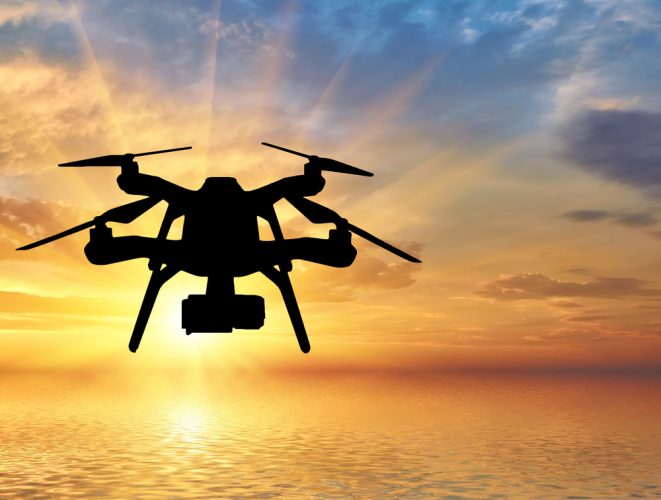Global standards organization ASTM International and the Global Unmanned Traffic Management Association (GUTMA) on 27 February signed a memorandum of understanding aimed at helping air traffic managers leverage standards to integrate drones into airspace systems worldwide.
“We’re thrilled to be working more closely with GUTMA staff and members,” said Brian Meincke, ASTM International vice president of finance, business development, and innovation. “Their perspective at the standards development table and in other interactions will help ensure a strong technical foundation for new UAS technologies and innovations emerging in the aerospace industry.”
An important aspect of unmanned traffic management (UTM) systems is Remote ID, which is a way for traffic managers or law enforcement bodies to identify a particular drone by using an assigned identification, similar to the role of a license plate on a motor vehicle.
“Remote ID is paramount for the continued integration of drones, and we believe that the ASTM International Remote ID standard, currently under development, will promote growth while maximizing the safety of our airspace and the communities with which we will interact,” said Reinaldo Negron co-President of GUTMA. “Working with standard bodies like ASTM International on UTM interoperability supports the Global UTM Association goal of global harmonization. We’re excited to see so many GUTMA members participating in the current standard development process, and we want to ensure our membership has access to and a voice in these global standards going forward.”
According to GUTMA:
“The stated purpose of the MOU is to increase the ability of both organizations to support Unmanned Aircraft Systems Traffic Management (UTM) stakeholders. Specifically, the agreement aims to:
- Enhance their understanding of international standards,
- Grow their knowledge and participation in the development of international standards and the technical documents that are most influential to international trade; and,
- Help meet their technical needs by offering access to ASTM International standards.
“The MOU supports GUTMA members’ direct participation in ASTM International technical committees that develop drone-related standards, allowing them to provide input, cast votes, and give feedback on proposed standards and standard revisions. Meanwhile, ASTM International staff and members will more closely link with GUTMA working groups, committees, and networks, helping meet emerging needs in areas such as standards-based training.”




